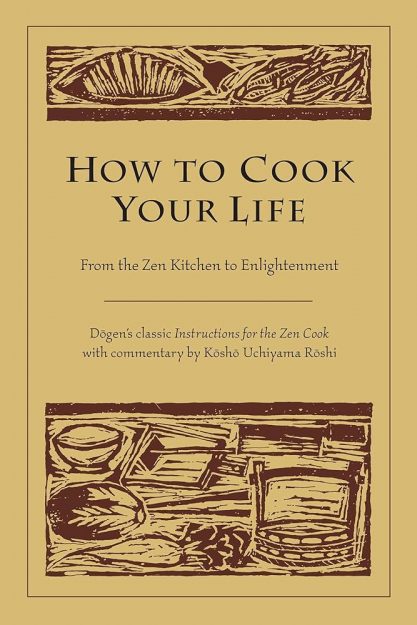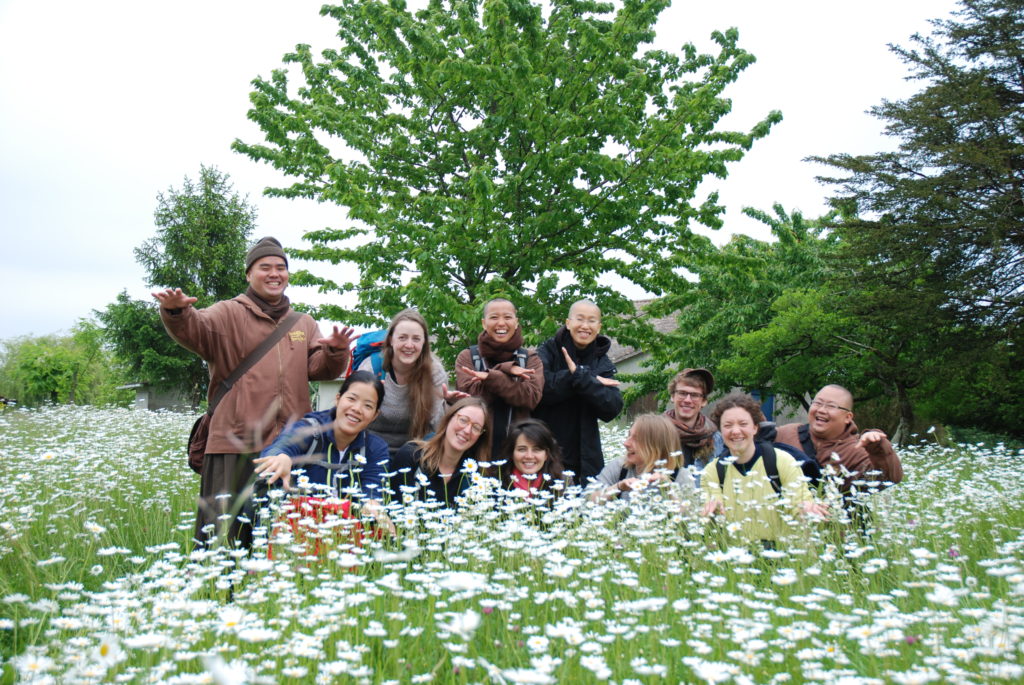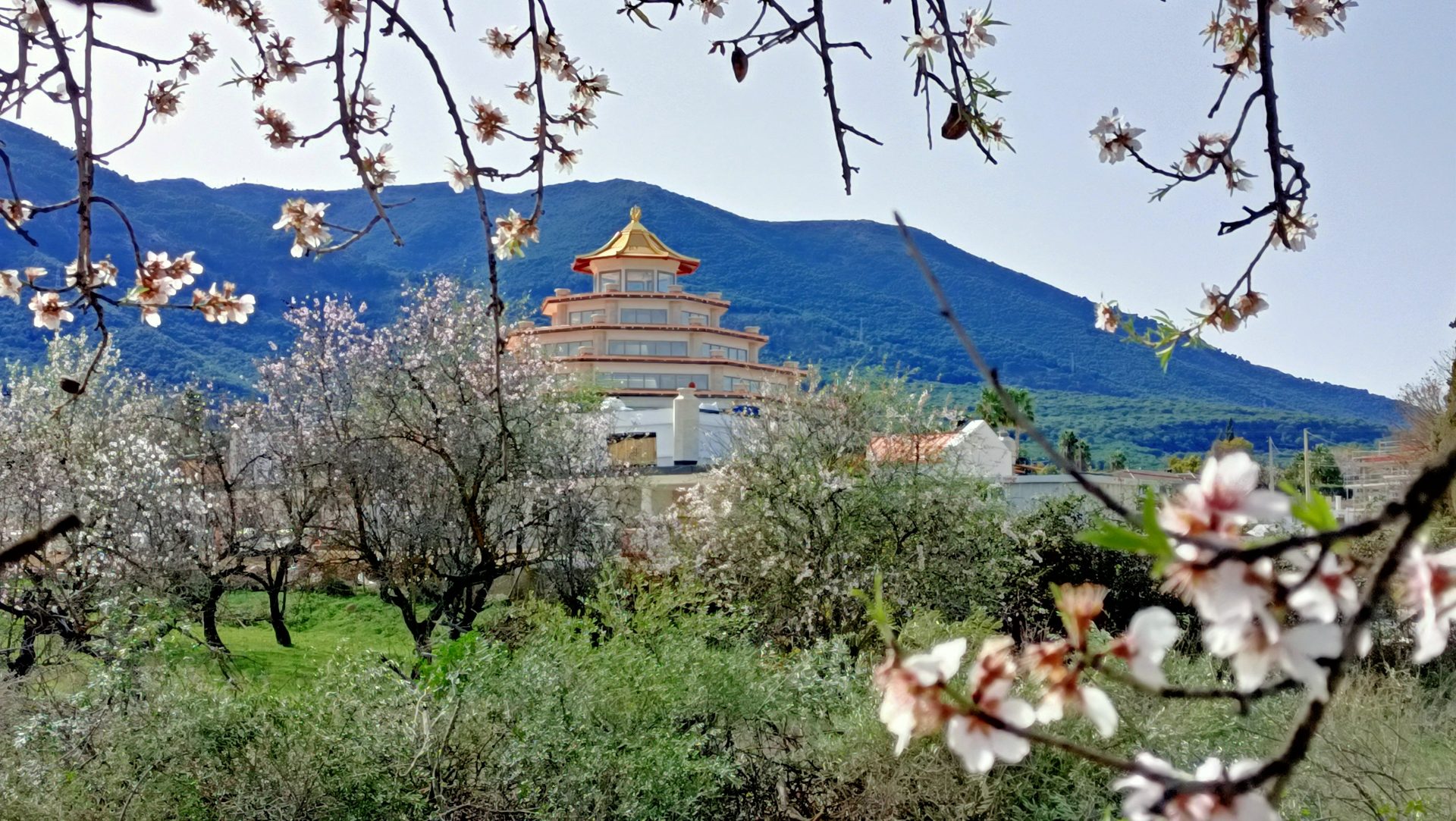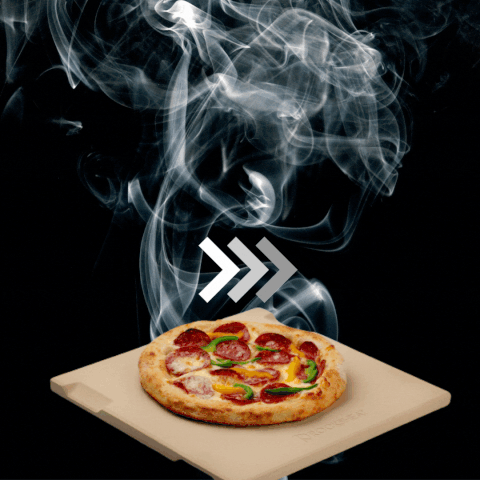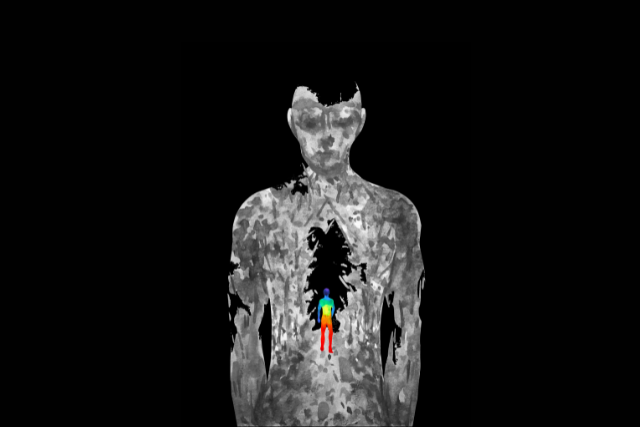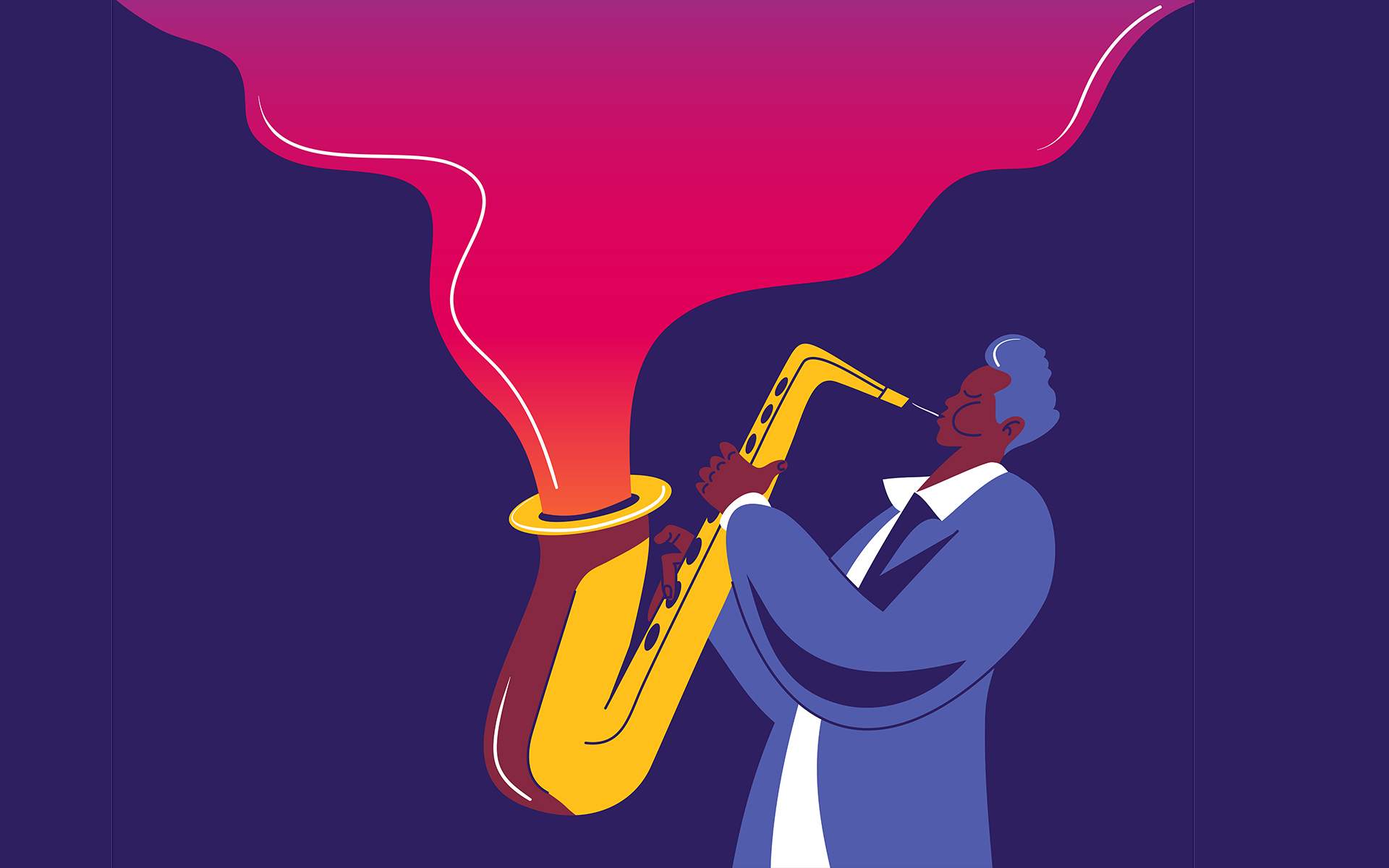Everything You Encounter Is Your Life
In his commentary to Dogen’s Tenzo Kyokun, a Soto priest expounds a powerful lesson on the life of the true Self. The post Everything You Encounter Is Your Life first appeared on Tricycle: The Buddhist Review. The post Everything...

Having a Big Mind means to remain unbiased and open. It is the mind which does not stamp a fixed value on everything, nor decide on things simply by feelings or sentiments. This does not mean that we become like vegetables, knowing or understanding nothing. We have to delve more deeply than that into the significance of Big Mind.
Sawaki Roshi used to say that you cannot exchange even a fart with another person, that you have to live your own life. This is a typical expression filled with Sawaki Roshi’s style of humor, yet how clearly it expresses the truth of life. There is no way to borrow a fart from someone else even if we are willing to add a little fart on for interest. This absolute nature of being unable to trade or exchange with another is the essence of our very own lives! We have become so accustomed to the world of giving and taking that we assume it is only normal to trade with another, and we lose sight of that life wherein trading has no bearing. For example, most people now live in a society that thinks almost any problem can be solved with money. That idea, coupled with the fact that we have made “money” the actual unit of barter, has caused it to be thought of as possessing absolute value. So all our lives we busy ourselves making money and assume it is natural to struggle for wealth and status even by deceiving, cheating, and killing one another.
Here is the diverging point between the Buddhist way of life and what we generally call the way of the world: One is a world of money in which we trade and bargain with others, while the other is a world wherein trade is irrelevant and impossible, and that is the absolute world of the Self.
Our discussion has taken quite a turn from my opening comments about farts. Please take a good look at diagram 1.

This is the world in which trading or exchanging is impossible. That is, it is the world in which each of us must rely only upon ourself.
Now, let us look at diagram 2.

Differing from the previous diagram in which the absolute nature of human life precludes any exchange with others, here we have the world of language. In contrast to other animals, human beings have the special characteristic of being able to communicate in complex ways through language.
Further, let us consider diagram 3.
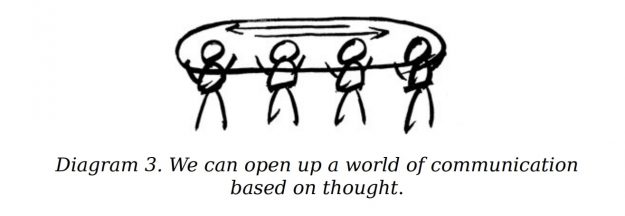
Since we are able to communicate with each other through language, we can say that human beings participate in what might be termed a “world of communication.” The sort of trading and exchanging back and forth, buying and selling, winning and losing that I mentioned earlier goes on in this world.
It is precisely right here that a kind of illusion or mistake arises. We communicate with one another using our heads only in a superficial way, though I am afraid we have come to yield far too much significance to this world of communication through language. We have come to assume that we are all members of this world that has developed only in our mind. This is nothing but an illusion, although this illusion has become so widespread that it is now taken as common sense.
The common notion of birth is that we arrive on the stage of an already existing world of human beings who communicate with one another and that one more member has been added to the repertory company. By this same sort of reasoning, dying is seen to be nothing more than leaving the stage of humanity. Thus, “life” is taken to be all the events sandwiched between birth and death. That is, this “performance” of trading and exchanging or succeeding and failing, is what most people commonly refer to as their “life.”
In the world of communication, money is the standard unit of exchange, and is considered to be of highest value. All of the materialistically advanced societies today support the belief that money can solve their problems. People run frantically trying to escape from poverty, trying to get rich. Diagram 4 is an illustration of this.
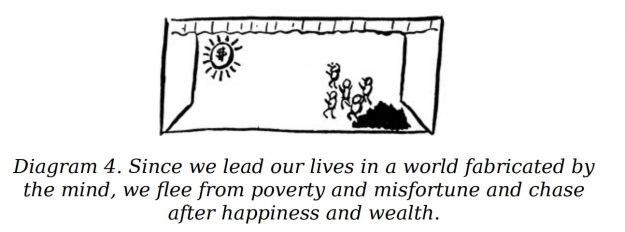
This is a world in which everything is already determined. What is fortunate and misfortunate, good and evil, success and failure are prefabricated and assumed values. Since the world of language has been developed by our discriminating minds, as long as we see ourselves as just one member of this world of exchange, it is only natural that we spend our lives running toward happiness and away from pain. Despite the fact that thinking in this way is widespread, it is basically a mistake, an illusion.
The mistake is that although there is only a partial or superficial communication going on between people, we throw our lives completely into that, failing to see ourselves as anything more than members of that world. The buddhadharma corrects this mistaken worldview and reveals a wholly different realm. Buddhist teachings focus on our absolute Self and place the greatest emphasis on the unique and fresh quality of life.
You and the totality of the world you live in together constitute that which I have been calling the life of the Self.
The true Self has nothing to do with “others”; it is a Self that lives totally within itself. The world as experienced is the world which the Self alone, you alone, can experience.
When looking at the cup, you see it with your eyes, from your angle, and with your vision, while I see it with my eyes, from my angle, and with my power of vision. There is no possibility of exchanging even our separate ways of looking at a cup. None of your personal experiences can ever be the same as anyone else’s. More so, then, is your way of thinking bound to be different from everyone else’s.
When you are born, your world is born with you, and when you die, so dies your entire world. Your true Self includes the entire world you live in, and in this world there is no possibility of exchange.
Despite the fact that we possess a mind capable of discriminating, even though we are able to communicate with each other in a general sense through language, this does not mean that the true or whole Self lives only inside this world conceived in our heads. On the contrary, we must realize that our thought-producing minds are nothing more than one aspect of our total lives. Even though at a particular time or at a particular level, it appears that we are able to communicate through language, we do so only in a limited sense. Even those aspects of our experience that occur through the medium of language are, of necessity, experiences that are totally personal. The buddhadharma that reveals to us the absoluteness of life is like diagram 5. You and the totality of the world you live in together constitute that which I have been calling the life of the Self.
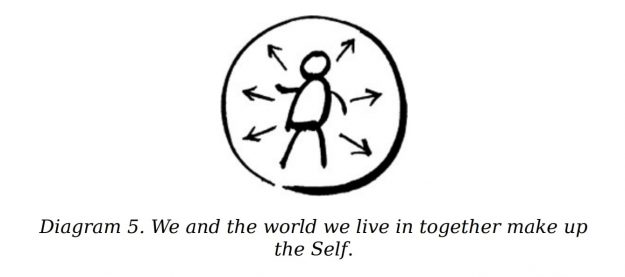
Regardless of where we might find ourselves, there is only the Self, which is always the Self. Hence, the expression yuiga dokuson, “I alone am revered in heaven and earth.”
The “world” is not some entity that exists apart from us; the “world” is where we function. Likewise, the life of the true Self is not some entity apart from our functioning and working. Everything we encounter is our life.
Our discussion has evolved a long way from the ordinary, dualistic way of seeing ourselves and our lives. However, without going through this evolution it would be impossible to comprehend any discussion on the buddhadharma or the Tenzo Kyokun. When we change over from seeing our lives in the usual way toward viewing everything from the perspective of the buddhadharma, the significance of our daily activities will inevitably change as well.
Earlier I mentioned that the role of the tenzo is to prepare the meals for the community. If we see this job of cooking in the ordinary sense, that is, as being just one occupation in society, then the tenzo becomes nothing more than an ordinary cook. Or, in a broader context, if being born into the world assumes no more importance than to appear on stage as another member of society, then the meaning of life stops there. However, the function of the tenzo expressing the buddhadharma in terms of living out the vivid and dynamic quality of his life lives as a total Self in whatever circumstances might arise. As long as this Self is identical with its world, when we function in the role of tenzo, this functioning becomes the life of the Self. At the same time, this is the dojo where we practice living the universe-ful Self.
Precisely because this work of the tenzo is one of the best opportunities for practice, it is written in the Chiji Shingi that Guishan Lingyou, Wuzho Wenxi, Fushan Fayuan, Jiashan Shanhui, Furong Daokai, and other great masters all applied themselves to it, and through their work every one of them attained the Way. If one approaches this role of tenzo with the attitude of an ordinary cook without fully comprehending this conversion of the meaning of one’s daily life, it is bound to be just one hardship and frustration after another. This is undoubtedly why Dogen Zenji wrote in the very beginning of the text:
“From ancient times, in communities practicing the Buddha’s Way, there have been six offices established to oversee the affairs of the community. The monks holding each office are all disciples of the Buddha and all carry out the activities of Buddha through their respective offices. Among these offices is that of the tenzo, who carries the responsibility of preparing the community’s meals.
“It is written in the Chanyuan Qinggui that the ‘function of the tenzo is to manage meals for the monks.’
“This work has always been carried out by teachers settled in the Way and by others who have aroused the bodhisattva-spirit within themselves. Such a practice requires exerting all your energies. If a man entrusted with this work lacks such a spirit, then he will only endure unnecessary hardships and suffering that will have no value in his pursuit of the Way.
“The Chanyuan Qinggui also says, ‘Put your awakened mind to work, making a constant effort to serve meals full of variety that are appropriate to the need and the occasion, and that will enable everyone to practice with their bodies and minds with the least hindrance.’
“Down through the ages, many great teachers and patriarchs, such as Guishan Lingyou and Dongshan Shouchu, have served as tenzo. Although the work is only that of preparing meals, it is in spirit different from the work of an ordinary cook or kitchen helper.”
I wonder if there are not many people today who suffer because they feel themselves to be poor or misfortunate, or who have an inferiority complex because they think they belong to the lowest level of society. To me, this is foolish, since they are only thinking in terms of their being but one member of society. Living out the true Self means to put away these ideas of upper or lower, success or failure, and to learn to see that everything we encounter is our life, our true Self. The expression “I alone am revered in heaven and earth,” though generally referring to Shakyamuni Buddha, is not limited to him. It applies to every one of us.
Living out the true Self means to put away these ideas of upper or lower, success or failure, and to learn to see that everything we encounter is our life, our true Self.
When we no longer see ourselves simply as cogs in the wheel of society, and awaken to the true Self in a total sense, then the meaning of our daily lives is bound to change. There is no need to compare ourselves with those around us, nor to put ourselves into awkward and painful situations. Rather, it is vital for us to take the utmost care of that world in which we live out our total Self. This is the fundamental spirit running through the Tenzo Kyokun.
◆
Adapted from How to Cook Your Life: From the Zen Kitchen to Enlightenment by Zen Master Dogen and Kosho Uchiyama Roshi. This edition 2005. Reprinted in arrangement with Shambhala Publications, Inc. Boulder, CO.

 Kass
Kass 